Physicists at the Syracuse University School of Arts and Sciences hope to improve cancer detection with new nanomaterials and novels. Levi Movileanu, a professor of physics, creates miniature sensors that detect, describe and analyze protein interactions in serum (proton pump inhibitors). Information from proton pump inhibitors can be promoted in the biomedical industry, allowing researchers to try to discard protein cancer cell growth and spread.
The discovery of Movileanu is the subject of a paper by Nature Biotechnology magazine, by doctoral student Avinash Kumar Thakur. "The detailed knowledge of the human genome has opened up a new boundary for the identification of many functional proteins involved in short sports associations with other proteins," Movileanu said. "The main disturbances in these proton pump inhibitors lead to disease conditions. Because of the transient nature of these interactions, new methods are needed to assess them."
Enter Movileanu's lab design to create and optimize a unique biophysical tool called nanobiosensors. These highly sensitive, pore-based tools detect mechanical processes such as proton pump inhibitors at the single molecule level.
Proton pump inhibitors, although occurring in the human body, are difficult to detect with existing methods because they (ie, proton pump inhibitors, affect cell signaling and cancer development) last a millisecond. Movileanu's response was to create a hole cell membrane called the nanopore-through emission current. As the protein approaches or passes through the nanopore, the intensity of the current changes. The change allowed him to finally determine the nature of each protein and its identity.
The concept has no novelty – first of all, articulated in the 1980s until recently scientists began to produce and describe nanobiosensors for large-scale detection of DNA, sugar, explosives, toxins and other nanomaterials.
Movileanu hopes his real-time technology will detect cancer before it spreads. One type of cancer he is particularly interested in is lymphocytic leukemia, a common and aggressive disease that begins in the bone marrow and leaks into the bloodstream. Because leukemia cells are immature and die normally, they often get out of control.
"Leukemia cells build and crowd out normal, healthy cells in the bone marrow," Movileanu explained. "Unlike other cancers, usually starting in the chest, colon or lungs (and spreading bone marrow), lymphocytic leukemia originates in the lymph nodes, hence the name."
This summer, he received another four-year grant for NIH-his third date to build nanobiosensors for millions of dollars. This project involves a colleague from the State University of New York at the State University of Medical Sciences, an associate professor of biochemistry and molecular biology at the 93 G of Michael G.
The Movileanu project is part of an emerging field called interactomics that uses experimental and computational techniques to study the interactions between interactions and proteins.
“Data collection from a single protein sample is huge,†said Movileanu, a member of the Biophysics and Biomaterials Research Group at the Department of Physics. “Our nanostructures allow us to observe biochemical events in a sensitive, specific and quantitative manner. After that, we can make a solid assessment of individual protein samples.â€
As for the future, proton pump inhibitor Movileanu wants to study more complex biological samples, such as cell lysates containing "crash" cells (liquid) and tissue biopsies. "If we know the function of part of the individual's cells, we can figure out why the tumor cells deviate from normal functional status," Movileanu said, earning his Ph.D. physics experiment in Bucharest, Romania. “Our small sensors may be large for biomarker screening, protein analysis and large-scale studies of proteins (called proteomics).â€
1. Naipu AH series centrifugal slurry pumps and spare parts can fully interchange with world famous brand.These pumps are of heavy-duty construction, designed for continuous pumping of highly abrasive and corrosive slurries. They feature a wide choice of replaceable abrasion resistant metal liners and Impellers, which are all interchangeable within a common casting assembly.
Typical Applications---
Minerals Flotation Processing
Electric Factory Coal PreparationCoal Washing
Chemical Medium Processing
Effluent Handling
Sand And Gravel Handling
2.Construction drawing of Naipu AH series Slurry Pump
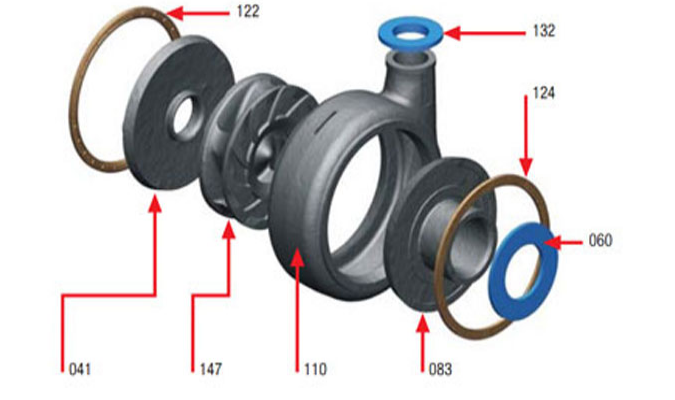
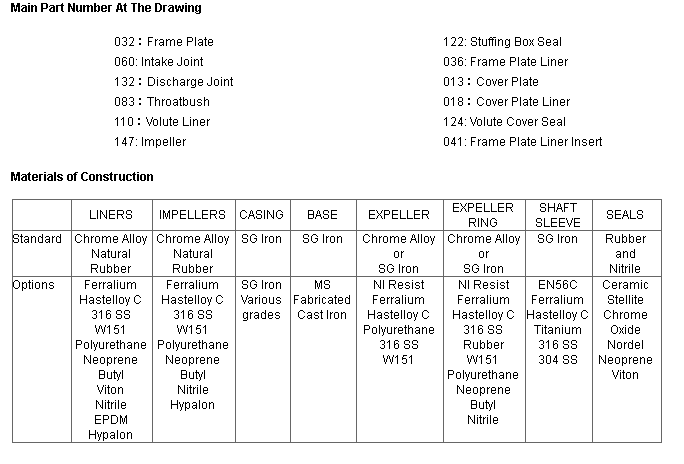
3.Select chart of Np-AH Series slurry pump
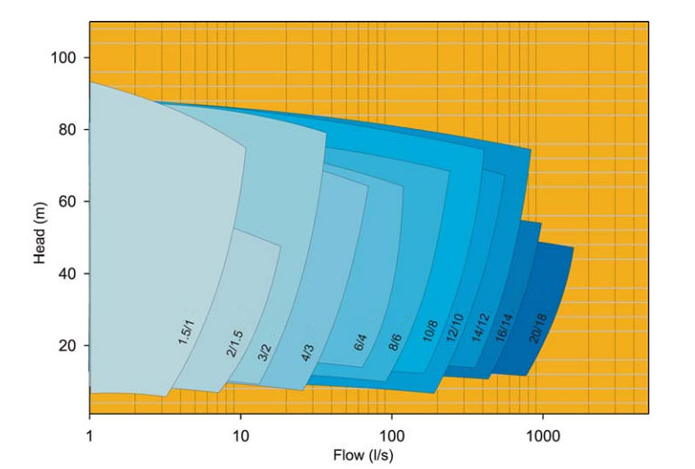
4. Performance parameter of Ah Slurry Pump
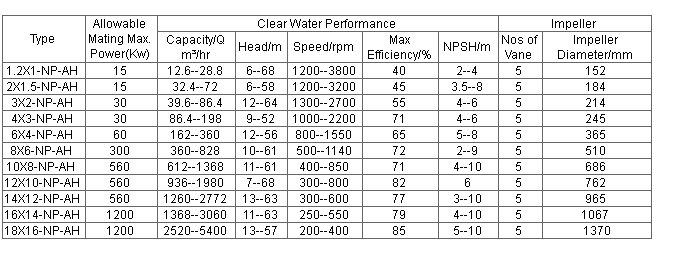
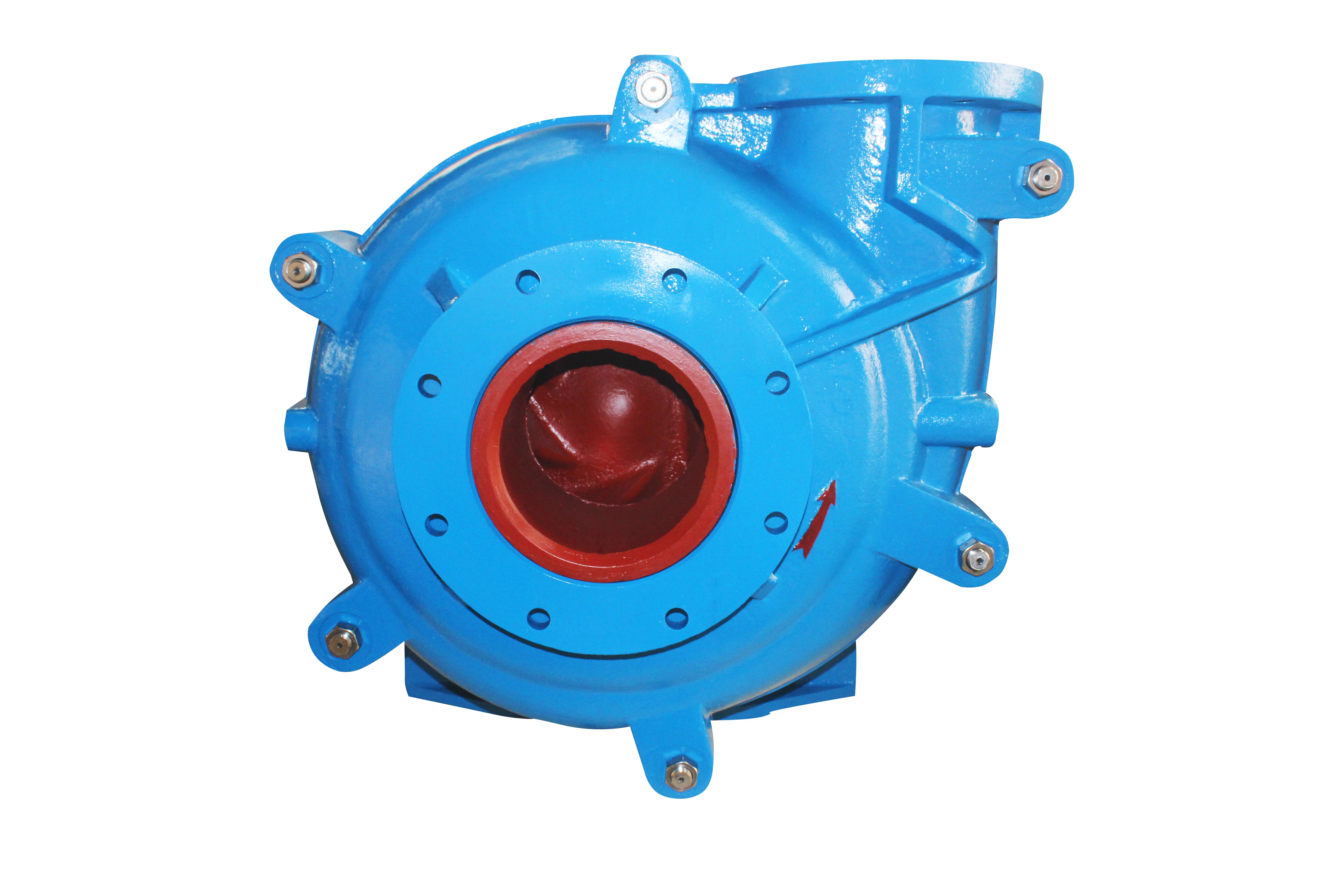
AH Metal Horizontal Slurry Pump
AH Horizontal Slurry Pump,AH Metal Horizontal Slurry Pump,AH Metal Horizontal Centrifugal Slurry Pump
Shijiazhuang Naipu Pump Co., Ltd. , https://www.naipu-pump.com